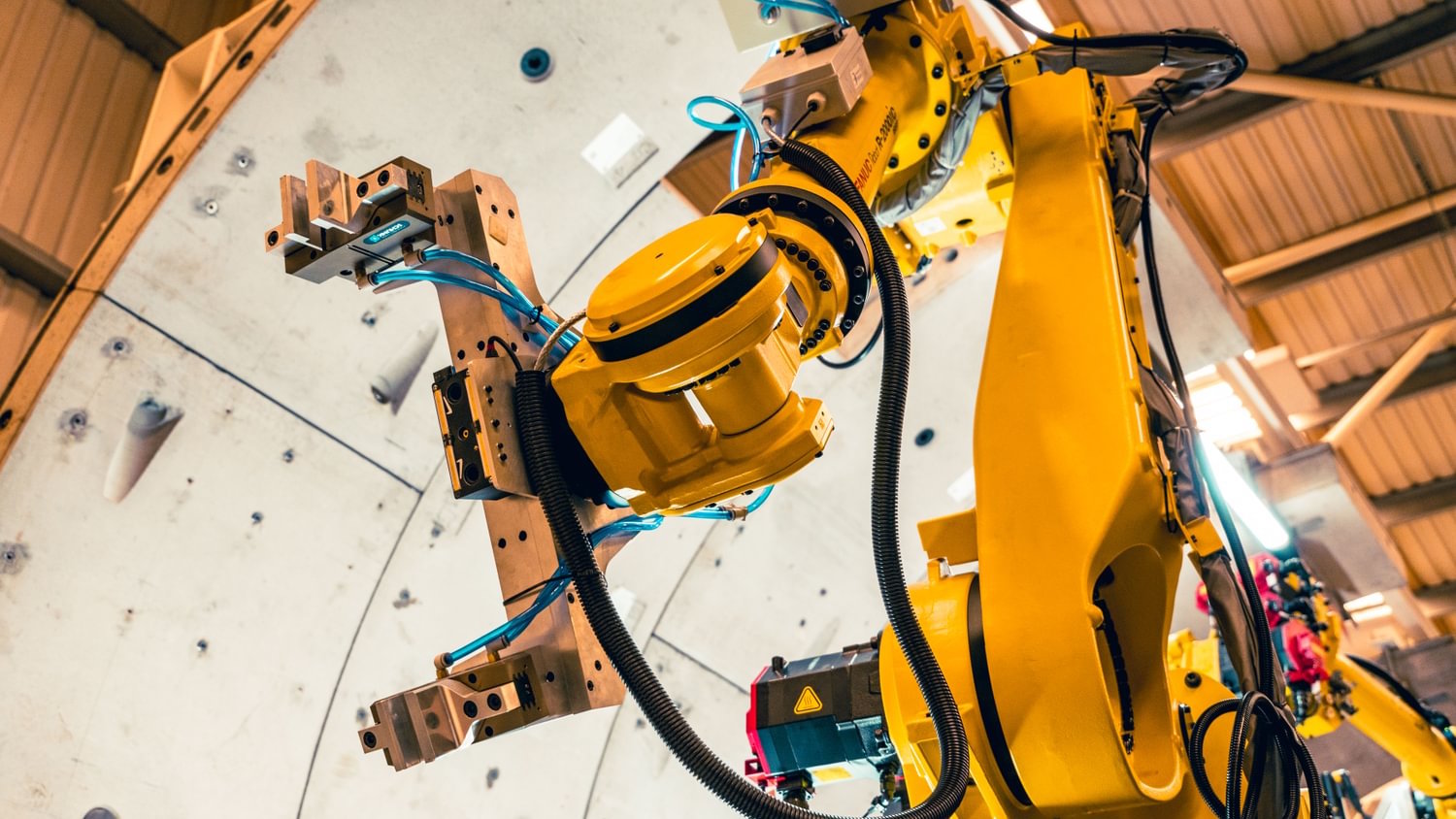
A consortium involving Costain and the Manufacturing Technology Centre (MTC) has developed a prototype robot to make tunnel infrastructure installation more efficient and safer.
The 22-month project, partly funded by Innovate UK’s Smart grant, was led by Tunnel Engineering Services, which developed the initial robot concept in partnership with the other consortium members. The MTC spearheaded the design and manufacture of the robot’s end effectors. i3D robotics (i3D), developed the visualisation software for precise navigation. Costain and M&E specialist VVB Engineering provided tunnelling and fitout requirements expertise.
Traditionally, installing these services in tunnels is hazardous, labour-intensive and time-consuming. The prototype automated tunnel robotic installation system (ATRIS) can autonomously select brackets, locate where they need to be mounted along a tunnel wall, and install them. In doing so, the robot can improve onsite health and safety by reducing the risks associated with manual labour at the tunnel workface, for example, working at height in confined spaces, and hand-arm vibration experienced by workers during installation.
Once fully developed, the final system can be deployed in tunnel construction for a variety of sectors, including transport, water and energy. It is expected to increase productivity by 40% due to faster installation, reduce installation costs for new M&E systems by 30%, and cut construction plant movements by 40% (thus reducing embodied carbon).
Unprecedented achievement
Dr Jon Storey, lead engineer at i3D, said: “Developing an automated system to install infrastructure in tunnels has been a longstanding ambition for the construction sector. ATRIS has moved us significantly closer to that goal. The use of stereo vision with machine learning and robotics to place bolts precisely on a curved surface is an unprecedented achievement, with potential applications beyond the construction sector, such as nuclear decommissioning and defence.”
Lee Bateson, M&E manager and robotics lead at Costain, added: “Teaching the robots to learn seemingly simple tasks – such as how to avoid cross-threading the screws that go into the sockets – has been hugely fulfilling, thanks to the consortium’s collaborative spirit. Whether it’s carbon reduction, increasing productivity, or improving workforce health and safety, this is transformative technology that will have enormous benefits for the customers we build tunnels for.”
The story was first published in BIMplus.











